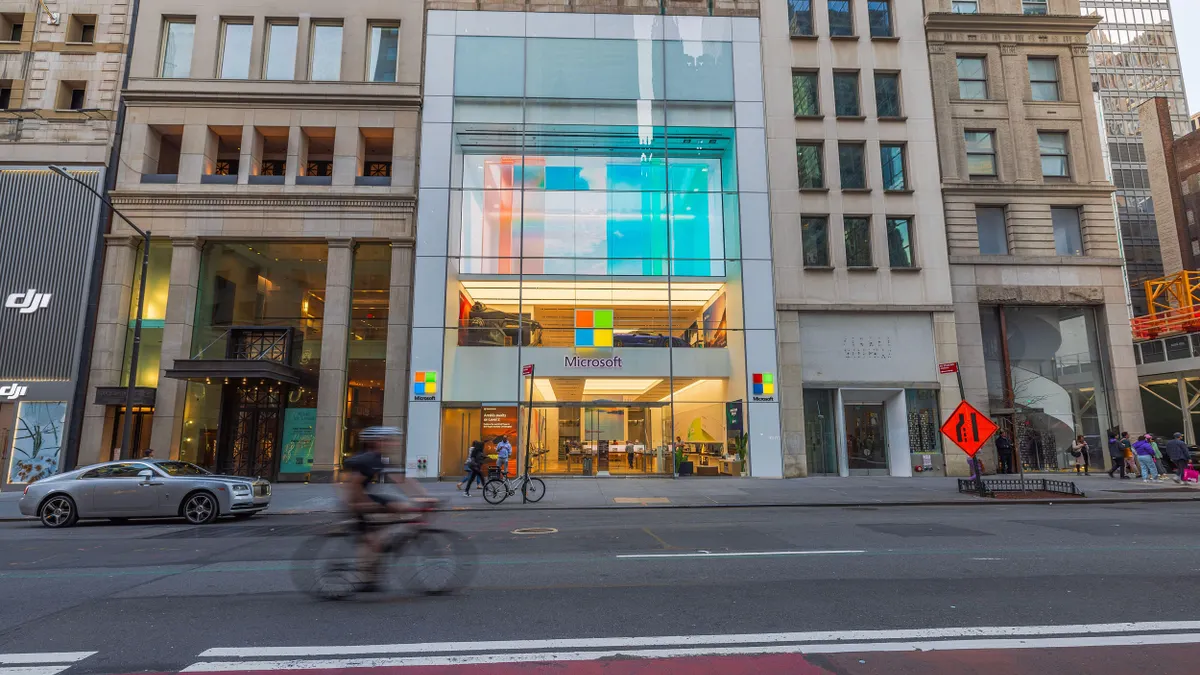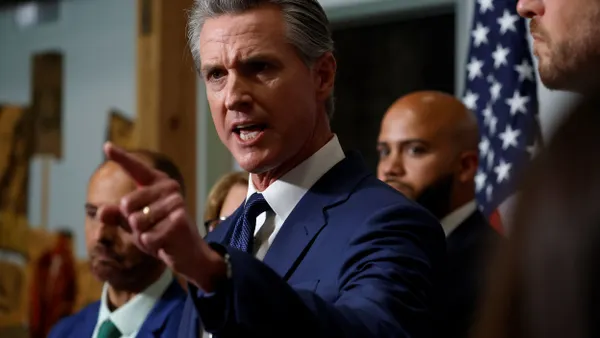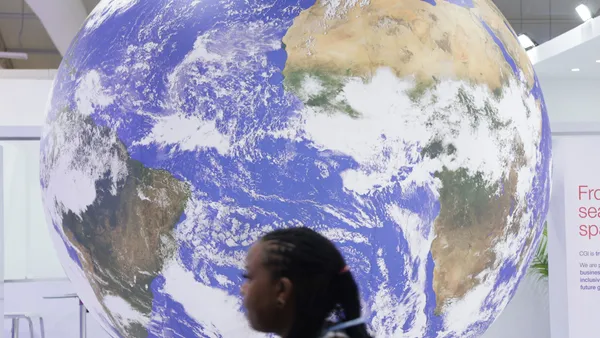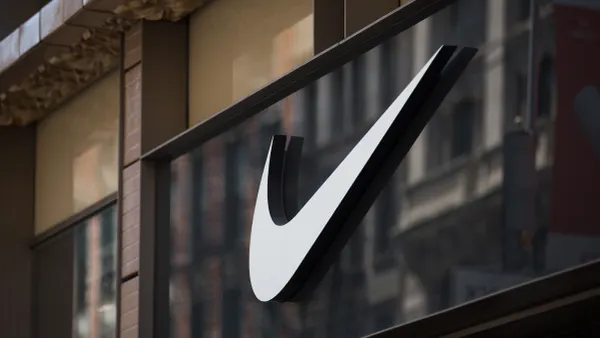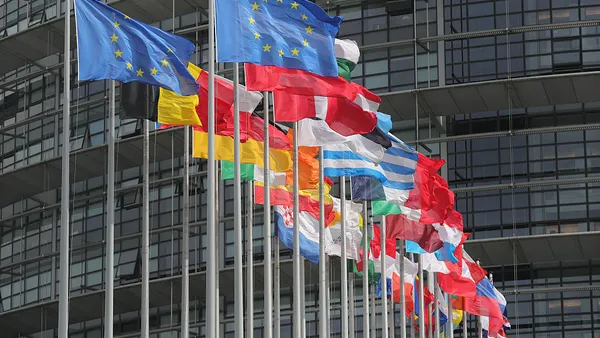Dive Brief:
- Microsoft will receive 2.95 million tonnes of carbon removal credits from a deal with Gaia, a Denmark-based waste-to-energy carbon capture project that is expected to go online and deliver credits beginning in 2029, according to a Monday press release.
- The overall volume of removals and when credits are expected to first be delivered are the only specifics released of the deal, but Gaia called the agreement “one of the first long term multi-year offtakes” for a waste-to-energy carbon capture and storage retrofit.
- Gaia is a joint venture between Copenhagen Infrastructure Partners and Vestforbrænding, Denmark’s largest waste and energy company. The venture will retrofit Vestforbrænding’s operations in Glostrup, Denmark, with carbon capture and storage capabilities and is expected to begin construction in summer 2026, according to an FAQ page on the project.
Dive Insight:
For Microsoft, the investment in waste-to-energy CCS retrofits adds another offtake pathway to the tech company’s carbon removal portfolio and is at least the second large deal with credits created from facility retrofits. In 2025 alone, Microsoft has signed carbon credit deals with companies that use biochar, forestry management, enhanced rock weathering, afforestation and bioenergy capture methods of carbon removal. The company also entered a deal in April to purchase 3.65 million tonnes of removal credits created from paper mill retrofits.
When the Gaia project is completed and operational, it is expected to draw down and store 500,000 tonnes of carbon dioxide annually, according to the release. The project will be regulated under the European Union’s Waste Framework Directive, which requires that any captured and stored carbon dioxide “represents [an] unavoidable fraction of waste after all aspects of the waste mitigation hierarchy has been met.”
“Gaia’s approach of retrofitting waste-to-energy facilities — in combination with the enforcement of the EU Waste Framework Directive — helps unlock more carbon-free energy while ensuring waste prevention and recycling remain top priorities,” Microsoft Senior Director of Energy and Carbon Removal Brian Marrs said in a statement.
This agreement is the first between Copenhagen Infrastructure Partners and Microsoft, and CIP is “optimistic it represents the start of a long-term relationship between the parties,” Nikos Samaritis, managing director of CIP’s energy transition fund, said in the release. The sale also is the first time CIP has entered an environmental offtake agreement, according to Samaritix.
Marrs noted that Microsoft is “pleased to see experienced developers like [CIP] … entering the carbon removal market.”


